Duck! Before one hits you!
Okay, I’m just being funny, but that’s because I’m going to talk to you about Floating Body Parts or FBPs. I shall explain, but before I start, I have to admit that I am not entirely against FBPs in every single writing instance. However, most editors are, and it’s tricky to handle them rarely and well, so therefore, we have to address them.
So what are they?
When action is attributed to a body part rather than the character, the part starts to “float.”
The most common floating body parts tend to be the eyes.
For example:
Her eyes flew to his.
Really? Did her eyeballs jump out of their sockets and fly with little wings across the room, sticking themselves to his? How uncomfortable — and slimy. Maybe the writer really meant that her gaze sped to his.
His head spun toward the door.
I picture a head on the floor, like a top, spinning away, with hair wrapping all around it like an unruly ball of string that the cat got a hold of. Then all of a sudden – thump! It whacks the door. Probably what the writer means is that he turned his head and stared at the door.
Beware of arms dropping, legs flying, faces falling and other inaccurate descriptions which might render an entirely wrong image in your scene.
Exercise:
- Search your work for FBPs and find better sentence arrangements to help you eliminate them. Admittedly, it’s hard to come up with substitutes for a gaze. Use a thesaurus if you have to. Look, stare, watch, gape, and gawk can all work.
- Be aware of FBPs in the books you read. Yes, there are plenty of them. Famous writers get by with stuff like that sometimes. But if you are just getting started, and no one’s heard of you except your grandmother, your mother, and her sisters, then you aren’t likely to be cut such slack by a publisher.
Remember that the road to publication is paved with hard work and rejection. Keeping your writing clean and taut will put you one step further ahead in this competitive field. Even if publication never becomes your goal, being a succinct communicator means writing tight. So no FBPs!

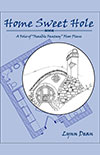


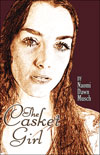
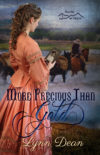
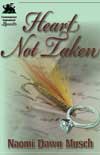



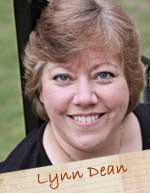


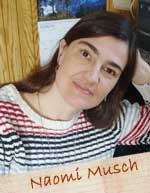


Speak Your Mind
You must be logged in to post a comment.